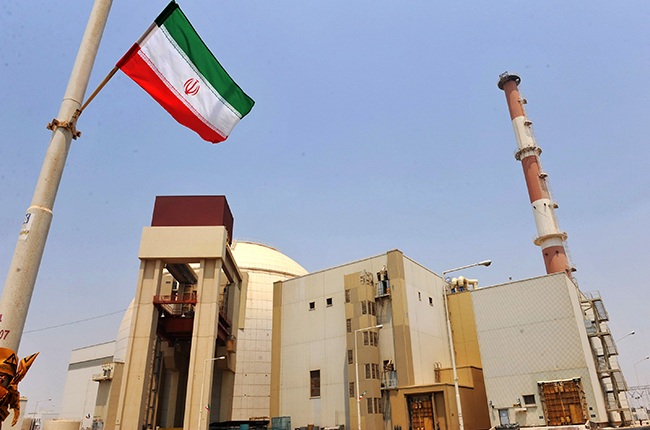Texas A&M Bush School To Host ‘The Iran Nuclear Agreement: What’s Next?’ Discussion Nov. 8
President Donald Trump’s announcement that Iran has violated the “spirit” of the international nuclear agreement that prevents Iran from attaining an atomic weapon has surprised many experts and scholars. The president’s controversial decision to disavow the agreement will be the subject of an expert panel discussion sponsored by the Bush School of Government and Public Service at Texas A&M University on Wednesday, Nov. 8 titled “The Iran Nuclear Agreement: What’s Next?”
The discussion, which is open to the public, will be held at 5:30 p.m. in Rudder Tower, Room 302 on the Texas A&M campus.
Panelists taking part in the discussion include:
- Marvin L. Adams, HTRI professor and director of the Institute of National Security Education and Research, Texas A&M Department of Nuclear Engineering.
- Mohammad Tabaar, Texas A&M Bush School assistant professor of international affairs and expert on international security and Middle East Politics.
- Sunil Chirayath, associate professor, Texas A&M Department Nuclear Engineering, and director of the Nuclear Security Science and Policy Institute.
- William Norris, Texas A&M Bush School professor of security policy and recent associate with the Nuclear Policy Program at the Carnegie Endowment for International Peace, will moderate the discussion.
The Iran Nuclear Deal, known as the Joint Comprehensive Plan of Action (JCPOA), has to be recertified by the president every 90 days. Many U.S. allies believe that Iran is in fact complying with the terms of the agreement, which was hammered out in Austria two years ago by a group known as the P5+1. It included the United States, China, France, Russia, the United Kingdom and Germany.
Decertifying does not withdraw the United States from the Deal but punts the issue over to Congress, which has 60 days to decide whether to re-impose nuclear-related economic sanctions on Iran. Supporters of the agreement believe that by not certifying it, the intense scrutiny that has kept Iran from acquiring a nuclear weapon will begin to stop, and we will no longer know if Iran is complying or not.
###
Media contact: Susan Robertson, Texas A&M University Bush School of Government and Public Service, 979-862-8845, srobertson@tamu.edu.





